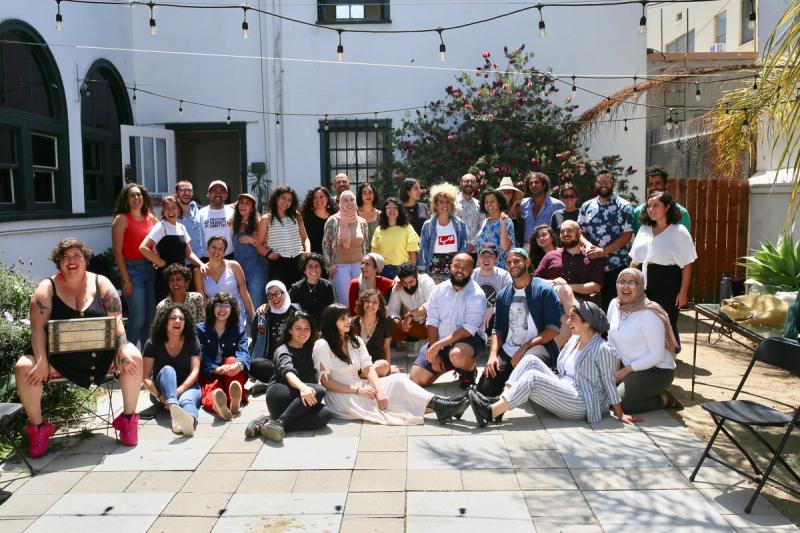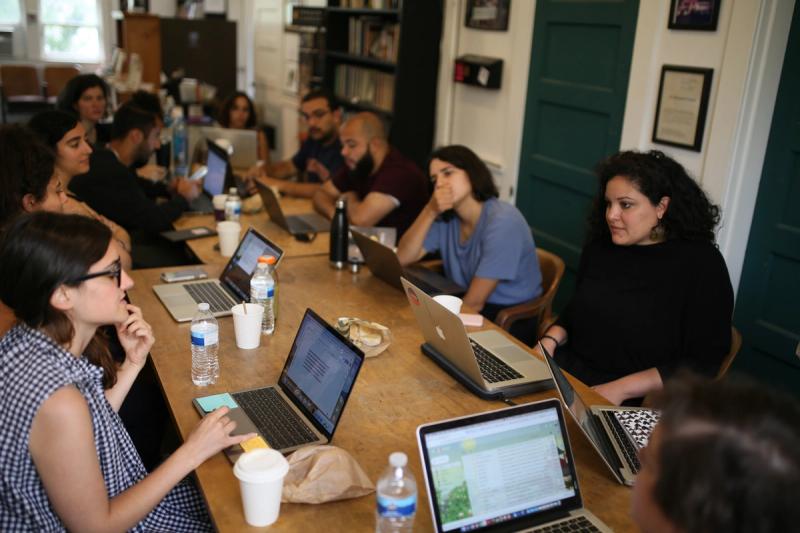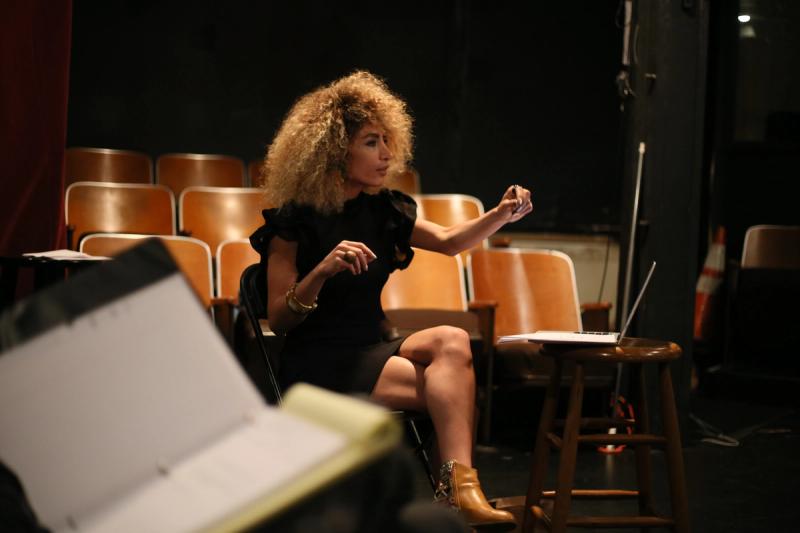NOTE: RAWI has a new home on the internet as of March 1, 2026, at the domain www.rawiwriters.org. We will be in touch with members in our directory to set up your improved profiles soon! This website will be archived the first week of April and will redirect to the new site thereafter.
Established in 1993, RAWI is a national organization that provides mentoring, community, and support for Arab American writers and those with roots in the Arabic speaking world and diaspora. We are a non-profit 501(c)(3) literary organization dedicated to supporting and disseminating creative writing and scholarly writing by Arab/SWANA (Southwest Asian and North African) Americans and those from the Arabic speaking world–which often means creating space and highlighting voices and people threatened by erasure. We put on readings, panels, workshops, roundtables, conferences, and festivals that emphasize inclusivity.
Latest
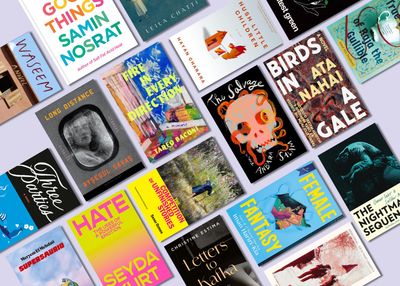
30 More SWANA Books in 2025: July-December Releases
Preview forthcoming titles by SWANA authors out later this year, from poetry collections to novels to memoirs.
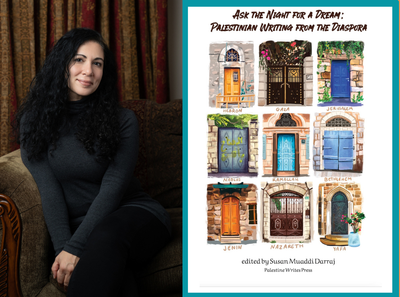
ZAGHROURTA!: Ask the Night for a Dream: Palestinian Writing from the Diaspora, from Palestine Writes Press
An Interview with Susan Muaddi Darraj, editor of Ask the Night for a Dream: Palestinian Writing from the Diaspora (Palestine Writes Press)
